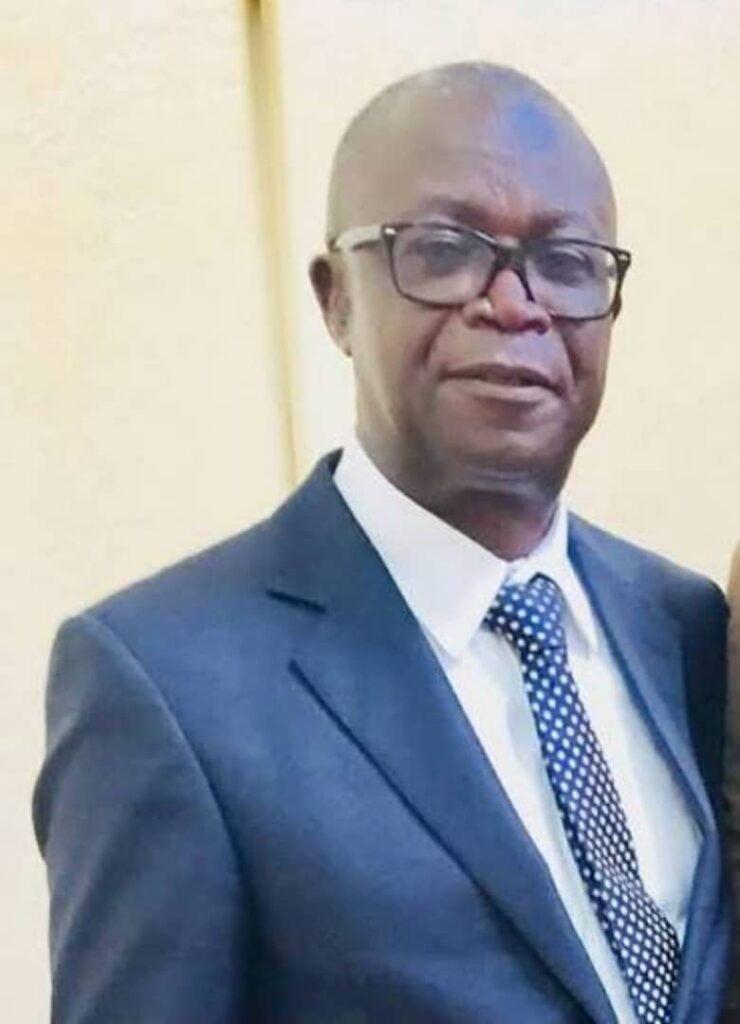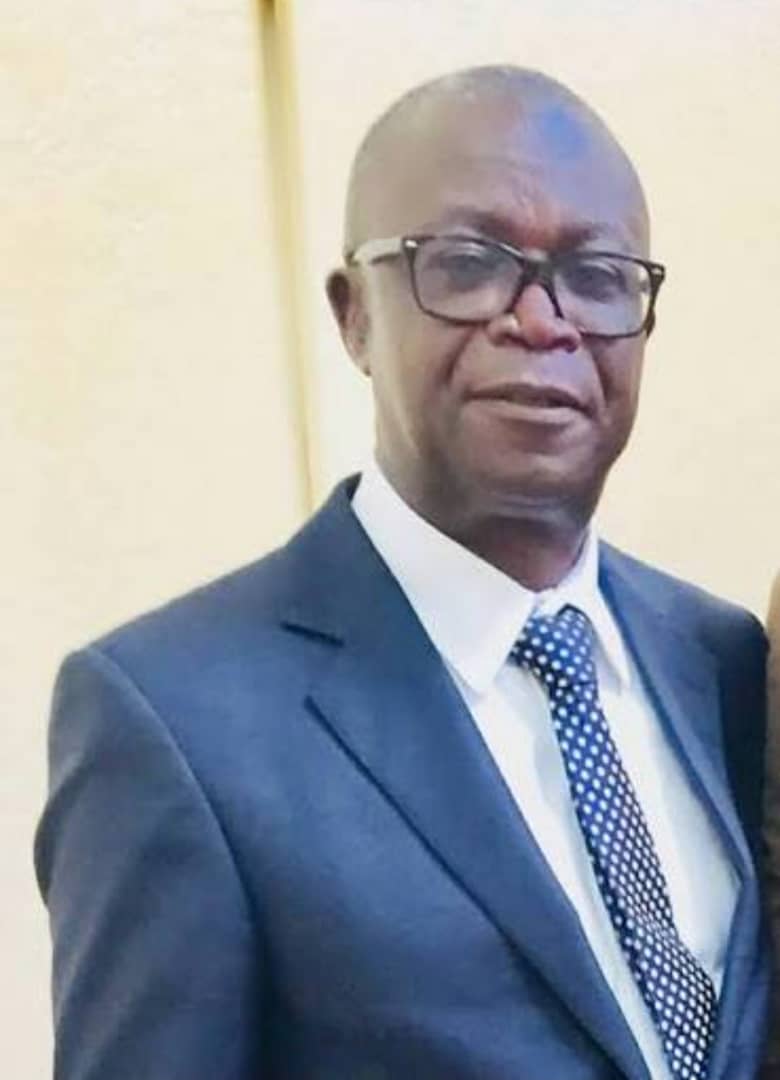
Boundaries Don’t Save Lives, Effective Service Delivery Does
By Adelain Morenekeh Hayford
The boy’s name was Musa. He was 19, tall, and wiry, with a smile that still lingered in the corners of his mother’s memory. He had been caught in the grip of drugs, a victim of Sierra Leone’s growing addiction crisis, but he was fighting his way back. One evening, when his body collapsed from an overdose, his family did what any family would do: they screamed for help.
The hospital was less than a mile away, but to get there, Musa was placed in the backseat of a taxi whose driver panicked at every stoplight. The seats were stained with sweat and fear; there was no oxygen tank, no trained medical personnel, and no defibrillator. By the time they reached Connaught Hospital, Musa’s chest was still. His mother’s cries echoed through the ward, not only for her son but for a country where geography is debated more vigorously than healthcare.
This is the paradox of Sierra Leone in 2025: the government proposes to carve Freetown into two cities, yet it cannot guarantee an ambulance that arrives on time, stocked with the basic equipment to keep a young man alive.
The Ministry of Local Government’s recent notice about “Establishing new localities in the Western Area Urban” was presented as a consultation. But consultations worth their name begin with ideas, evidence, and space for counterarguments. Instead, the carefully selected group of apologists was invited to validate a decision that already felt scripted. The Mayor of Freetown was not invited. The main opposition was not invited. The loudest voices welcomed into the room were individuals whose loyalty to the ruling party is an open secret.
This is not a consultation. It is choreography.
Participation under such terms risks legitimizing a predetermined outcome. That is why any opposition voice, indeed, any citizen committed to fairness, must draw a line: being present in the room must not be mistaken for endorsing the script.
What Dividing Freetown Cannot Do
The rationale offered for the split is “improved service delivery.” But the question lingers: what services? Electricity is controlled by EDSA. Water is supplied by Guma. Roads are under SLRA. Education and health are in the hands of national ministries. Land planning sits with the Ministry of Lands.
Carving new boundaries will not deliver oxygen masks to an ambulance. It will not put paracetamol back on a hospital shelf. It will not recruit nurses or teachers nor repair the road that breaks every axle in the rainy season. It will not bring Musa back.
The proposal risks distracting Sierra Leoneans from the real crisis: a state unable to guarantee the most basic safety nets for its citizens. Each year, families lose children to treatable diseases, mothers to childbirth complications, and workers to accidents that could have been prevented with timely intervention.
Yet rather than confront this dysfunction, the government diverts attention to cartographic experiments. Boundaries, not budgets. Maps, not medicines.
If decentralisation is the goal, then let the government publish its plan: how much money will be devolved, which assets will be transferred, and what authority will be granted to councils. Let citizens weigh the costs and benefits. Until then, dividing Freetown remains a mirage, a political project masquerading as reform.
And if the consultations continue without transparency or genuine inclusion, the opposition must pledge clearly: any partisan reorganisation will be reversed in the first 100 days of a new administration.
Musa’s Mother’s Plea
Weeks after her son’s burial, Musa’s mother told a neighbour: “They want to divide Freetown, but they can not even divide oxygen into my son’s lungs when he needed it.”
Her words cut deeper than statistics. They are a reminder that governance is not a game of lines on a map but of lives in the balance. Sierra Leone does not need two cities. It needs one government that can save one boy, in one ambulance, on one desperate night.
